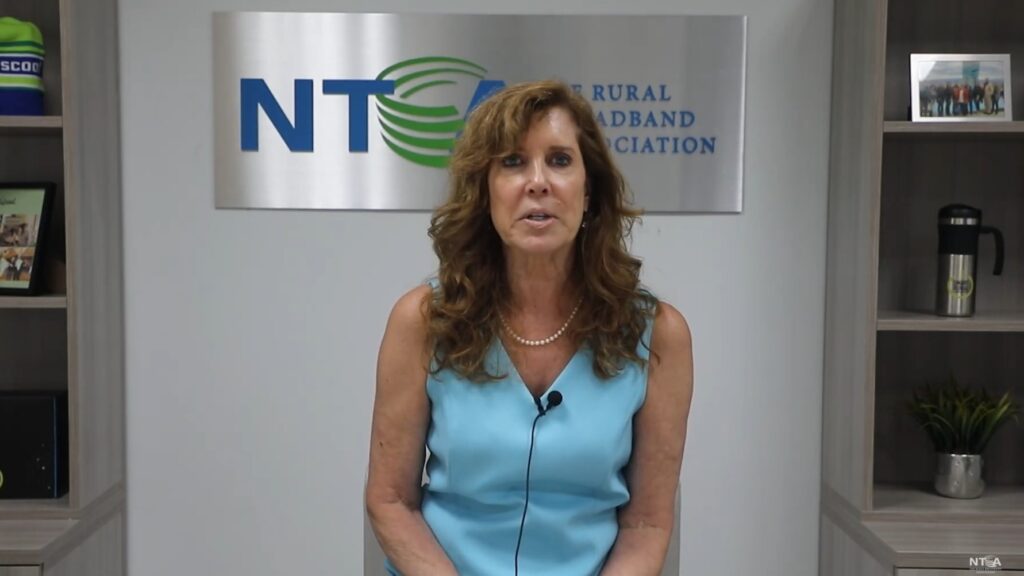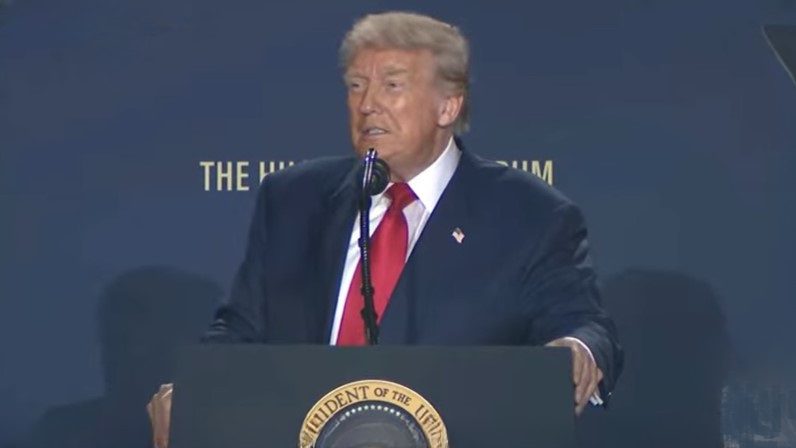Maine Declares Its Citizens Will Have Internet Access by Year End 2024
Randy Sukow
|

The Maine Connectivity Authority (MCA) has announced that beginning in November, eligible residents in unserved areas of the state, may sign up for the Working Internet ASAP (WIA) Program. WIA will be a shortcut to closing the “digital divide” by subsidizing low-Earth orbiting (LEO) internet service to unserved areas. The only currently available LEO service is Elon Musk’s Starlink.
“Two years ago, I set an ambitious goal of ensuring that anyone in Maine who wanted an internet connection would be able to have one by the end of this year. The Working Internet ASAP Program is the last step toward fulfilling that goal, and will make available a reliable internet connection for Maine’s hardest-to-reach locations,” said Governor Janet Mills (D) in a press release.
WCA estimates about 9,000 locations, approximately 1.5 percent of the homes and businesses in the state, will be eligible for the WIA subsidy. The agency plans to coordinate the purchase and distribution of Starlink equipment and service to remote areas of Maine. WCA did not reveal the budget for WIA, which claims to have spent $300 million since 2022 to connect 86,000 locations so far.
In 2025, Maine hopes to begin awarding $350 million in broadband construction grants through the federal Broadband Equity Access and Deployment (BEAD) Program. According to NRTC’s BEAD Funding Opportunities Map, Maine has completed its initial proposals to the National Telecommunications and Information Administration (NTIA) and opened a website to allow potential participants to locate areas eligible for BEAD funding. MCA has not yet begun taking applications for BEAD grants.
The question of when to allow states to provide BEAD funding for “alternative technologies” to fiber networks, including LEO service, was the subject of a recent round of comments to NTIA. NTCA–The Rural Broadband Association was among the organizations that pointed to practical problems with using BEAD, which is meant to help connect specific locations in a state, to fund an interstate and international service such as Starlink.
But the state of Maine has decided to go forward with LEO on its own before collecting any BEAD support. “While we build the infrastructure for our future, we can’t afford for people to be living in the digital dark,” said MCA President Andrew Butcher in the press release. “The WIA Program represents a critical step in fulfilling our commitment to expanding broadband access and digital equity in Maine.”


